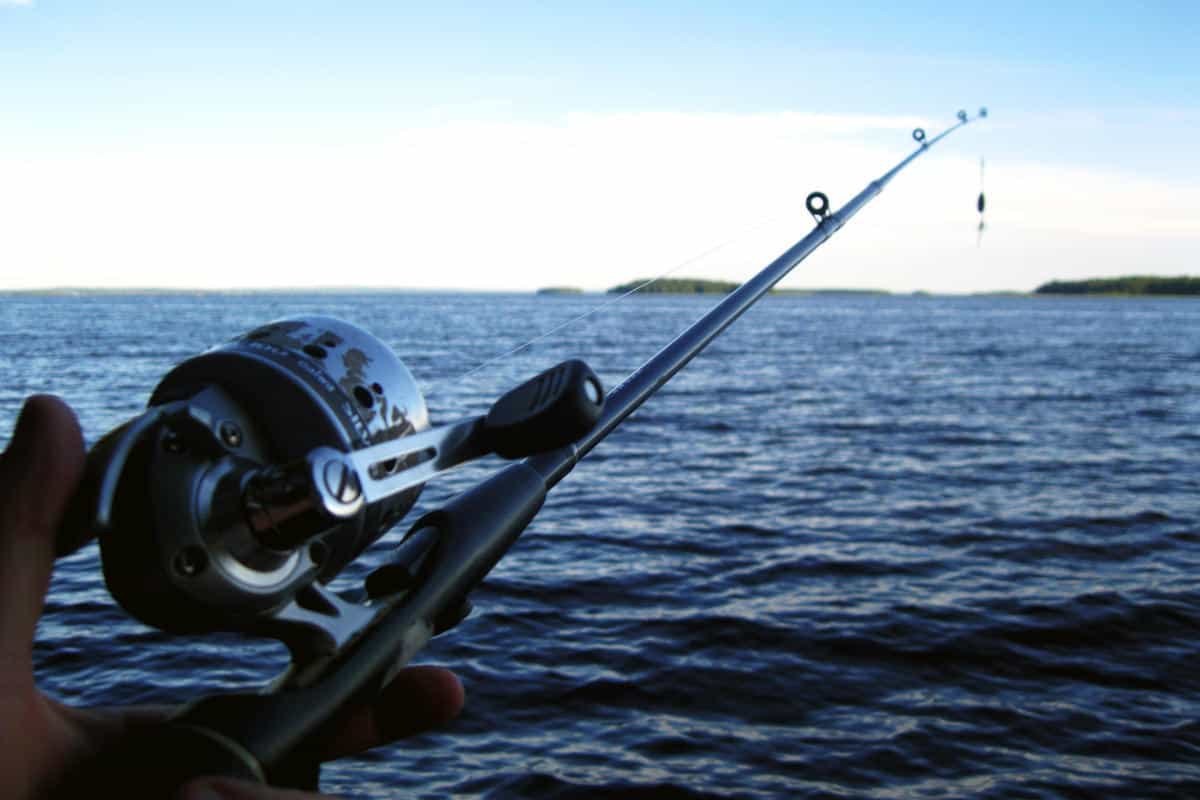Fishing has always been more than just a hobby – for many, it is a lifestyle. At the center of this experience are fishing rods, the essential tool that connects an angler to the water. Whether you are a beginner or a seasoned fisherman, understanding the different types, materials, and uses of fishing rods can significantly improve your success and enjoyment.
The Importance of Choosing the Right Fishing Rods
Selecting the right fishing rods isn’t just about personal preference. It affects:
• Casting accuracy
• Sensitivity to bites
• Power to reel in larger fish
• Comfort during long fishing sessions
By learning the basics of fishing rod construction and design, you can make smarter choices that match your fishing style.
Main Types of Fishing Rods
Different fishing conditions require different types of fishing rods. The most popular categories include:
• Spinning Rods – Easy to use and versatile, perfect for beginners. They are designed for lighter lures and lines.
• Casting Rods – Offer greater accuracy and power, often used by experienced anglers for bass fishing.
• Fly Rods – Specifically built for fly fishing, these rods are lightweight and flexible, ideal for casting delicate flies.
• Telescopic Rods – Compact and portable, great for travelers who need to carry their gear easily.
• Surf Rods – Long and strong, designed for casting heavy baits into ocean surf.
Each type of rod serves a unique purpose, and the choice depends on the environment and target species.
Materials Used in Fishing Rods
The performance of fishing rods is closely tied to the materials used in their construction:
• Fiberglass – Durable and affordable, great for beginners, though heavier and less sensitive.
• Graphite (Carbon Fiber) – Lightweight, sensitive, and strong, making it a top choice for experienced anglers.
• Composite Blends – A mix of fiberglass and graphite, offering a balance between strength, sensitivity, and flexibility.
Understanding these materials helps you select rods that suit your technique and budget.
How to Use Fishing Rods Effectively
Once you have the right rod, proper use is key to success. Here are some best practices:
• Match the rod with the right reel and line weight.
• Practice casting to increase accuracy and distance.
• Pay attention to rod action (fast, medium, or slow) for the type of fishing you are doing.
• Maintain your rod by cleaning it after each trip, especially if used in saltwater.
Why Quality Fishing Rods Make a Difference
Investing in quality fishing rods can transform your fishing experience. Cheaper rods may work for casual use, but premium options provide better balance, sensitivity, and durability. This means more precise casts, fewer missed bites, and a higher chance of landing trophy catches.
Fishing is not only about patience and skill – the equipment matters just as much. By understanding the types, materials, and proper use of fishing rods, you can elevate your angling adventures and get the most out of every trip. For anglers looking to upgrade or explore a wide range of reliable options, you can check specialized selections here: Urban Carp Tackle – Fishing Rods


